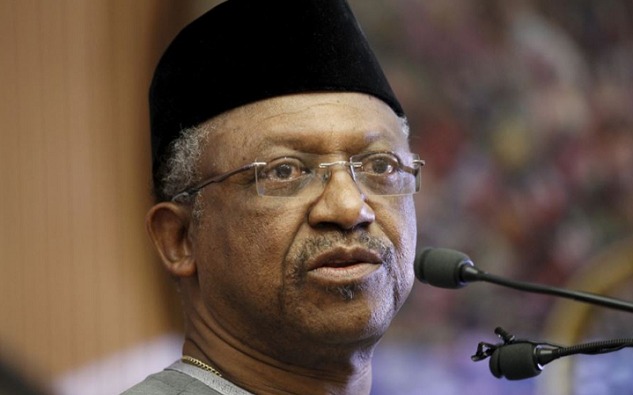Nigeria still awaits the delivery of COVID-19 vaccines, as it strives to contain the spread of the virus. The Minister of Health disclosed that the government does not know when the vaccines will be delivered.
Ehanire said this in an interview on NTA Friday, stating that the delivery of the vaccines depends solely on the donor.
This comes as fellow African nations like Ghana and Côte d’Ivoire received batches of COVID-19 vaccines.
Ehanire said, “When the vaccines will arrive depends actually on the donor. These vaccines are donated and are provided by the COVAX facility.
“This COVAX facility is in the process of giving them to various countries, and you understand that after Ghana it is Ivory Coast. When ours will come exactly, we do not know. So it is not really in our hands.
“All the preparations are down, and the launch will be at the National Hospital in Abuja, and they have been put on notice, and NPHCDA has done all the planning and micro-planning needed to get that process going.
“As for the protocols, we are following the recommendation by the WHO, which is to give attention to frontline health workers – those that are exposed to the risk of being infected and those who if they get infected, will create a vacuum in the workforce; it includes those working in the laboratories and dealing with this virus.
READ ALSO: Lawmakers Summon Pension Administrators Over Alleged Mismanagement
“The second category will be those who if they got infected, will be severely sick, and those are the elderly and those with vulnerable diseases like diabetes, hypertension, cardiovascular diseases, asthma, etc.
“So they will be given priority. We are going to be scaling down from the health workers, those with vulnerabilities, to the age of 18. We are looking for what we call herd immunity to be able to immunise 70 percent of our citizens. We hope that with that and with the same process in the West African sub-region, we are all safe.
“AstraZeneca is a two-dose vaccine. The Johnson & Johnson, which is among the ones we are getting from the African Union (AU) is a one-dose vaccine.
“The interval that is suggested with the AstraZeneca is three weeks, but some countries have demonstrated the experience that if you stretch that interval up to 12 weeks, you do get a better and longer-lasting immune response. That is what has been recommended particularly in the UK.
“So, we are looking at what the UK experience brings and also what we see here. But it is from three weeks to 12 weeks.”













